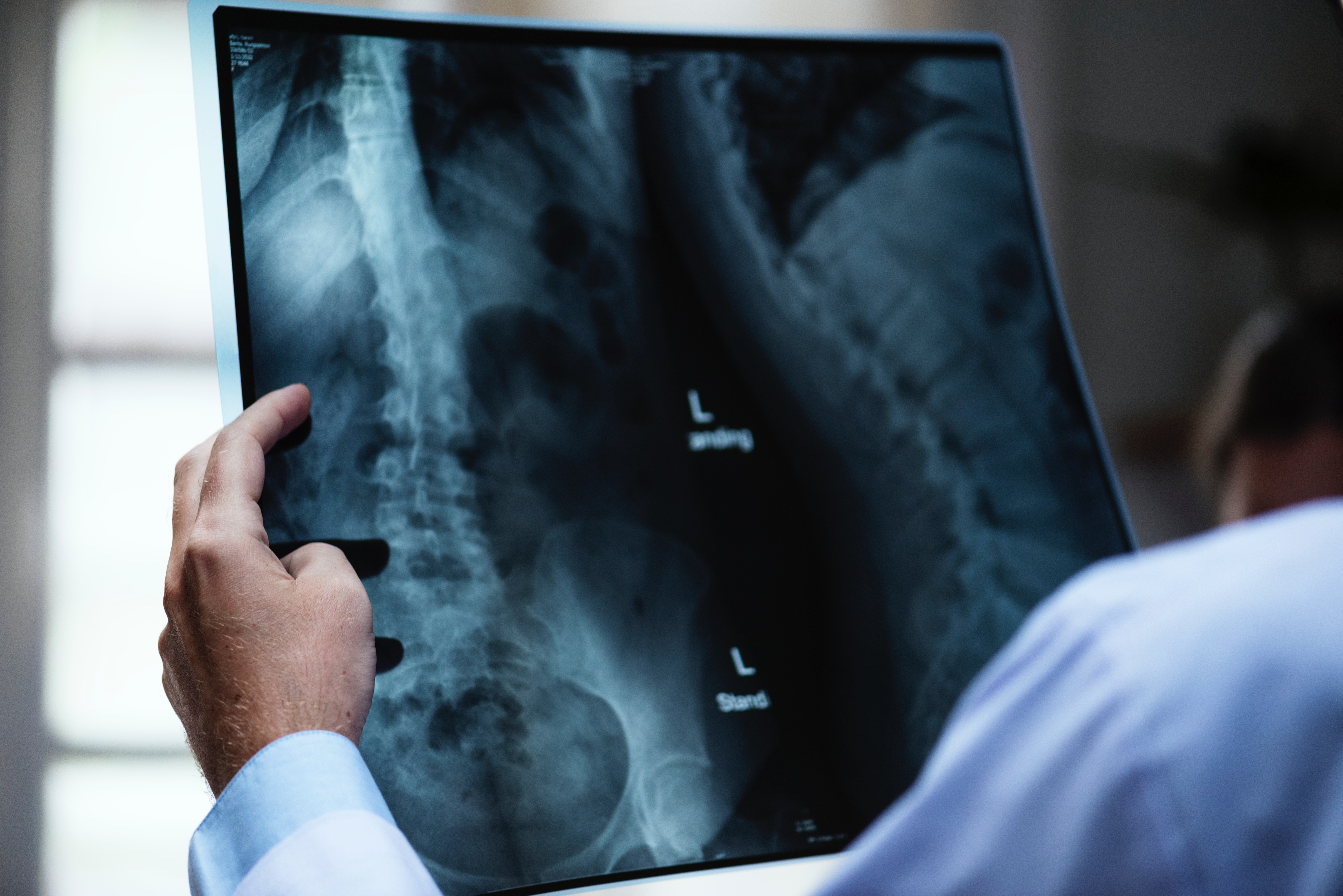The Importance of Cancer Information
CancerInformationSite.com is dedicated to providing unbiased cancer information to patients, their families and friends, physicians and other health professionals, and the general public about all aspects of cancer including cancer research and clinical trials, diagnosis, cancer prevention, cancer treatment, risk factors of cancer, living with cancer, symptoms of various kinds of cancer, early cancer detection, and more.
Cancer is a group of diseases that can cause almost any sign or symptom. Cancer begins in your cells, which are the building blocks of your body. Normally, your body forms new cells as you need them, replacing old cells that die. Sometimes this process goes wrong. New cells grow even when you don’t need them, and old cells don’t die when they should. These extra cells can form a mass called a tumor. Tumors can be benign or malignant. Benign tumors are not cancer while malignant ones are. Cells from malignant tumors can invade nearby tissues. They can also break away and spread to other parts of the body.
Most cancers are named for where they start. For example, lung cancer starts in the lung, and breast cancer starts in the breast. The spread of cancer from one part of the body to another is called metastasis. Symptoms and treatment depend on the cancer type and how advanced it is. Treatment plans may include surgery, radiation, and/or chemotherapy.
We will endeavor to provide useful and current cancer information on several of the most common forms of cancer, like:
- Bladder Cancer
- Breast Cancer
- Cervical Cancer
- Colon and Rectal Cancer
- Esophagus Cancer
- Luekemia Cancer
- Lung Cancer
- Melanoma Cancer
- Mesothelioma Cancer
- Ovarian Cancer
- Pancreatic Cancer
- Prostate Cancer
- Skin Cancer
This is by no means a comprehensive list of the types of cancers, but it is a start.
As a cancer grows, it can begin to push on nearby organs, blood vessels, and nerves. This pressure causes some of the signs and symptoms of cancer. If the cancer is in a critical area, such as certain parts of the brain, even the smallest tumor can cause symptoms.
But sometimes cancer starts in places where it will not cause any symptoms until it has grown quite large. One example is cancers in the pancreas. They usually do not cause symptoms until they grow large enough to press on nearby nerves or organs (this causes back or belly pain). Others grow around the bile duct and block the flow of bile. This causes the eyes and skin to look yellow (jaundice). By the time a pancreatic cancer causes these signs or symptoms, it is usually in an advanced stage. This means it has grown and spread beyond the place it started — the pancreas.
No matter which type of cancer you or a loved one are dealing with, an important part of the process is to seek out as much cancer information as possible so you can begin to understand how the different types of cancer develop and the best treatment options.
Cancer Research and Clinical Trials
Improvements in cancer prevention, diagnosis, and treatment today are built upon results of previous cancer research and clinical trials. As new approaches and treatments emerge from cancer researchers’ laboratories, they move to testing in clinical trials (research studies with people). Carefully conducted clinical trials are the way in which these new ideas are scientifically tested and evaluated. Such advancements would have been impossible to realize without the participation of many thousands of people over the years.
Signs and Symptoms of Cancer
The signs and symptoms of cancer will depend on where the cancer is, how big it is, and how much it affects the organs or tissues. If a cancer has spread (metastasized), signs or symptoms may appear in different parts of the body.
A cancer may also cause symptoms like fever, extreme tiredness (fatigue), or weight loss. This may be because cancer cells use up much of the body’s energy supply, or they may release substances that change the way the body makes energy from food. Or the cancer may cause the immune system to react in ways that produce these symptoms.
Sometimes, cancer cells release substances into the bloodstream that cause symptoms which are not usually linked to cancer. For example, some cancers of the pancreas can release substances which cause blood clots in veins of the legs. Some lung cancers make hormone-like substances that raise blood calcium levels. This affects nerves and muscles, making the person feel weak and dizzy.




